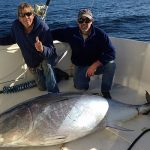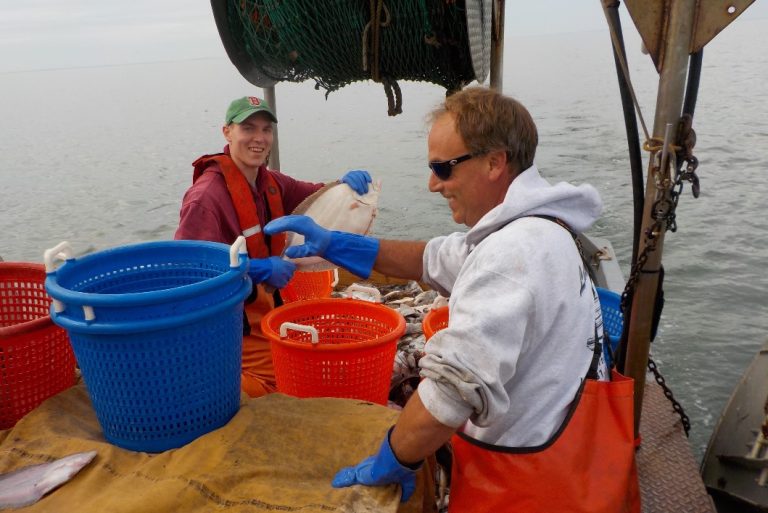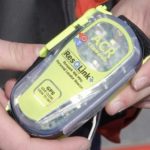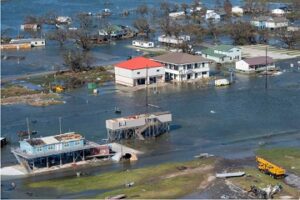Tag Archives: Maine Marine Resources Commissioner Pat Keliher
What Canada can learn from Maine’s approach to the lucrative baby eel fishery
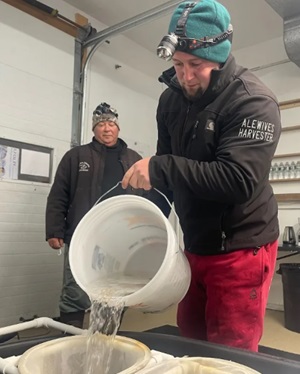 Authorities in Maine say they have figured out how to regulate a fishery that is so out of control in Canada, the federal government has shut it down this year — the third shutdown in five years — putting 1,100 people out of work. Baby eels, also known as elvers or glass eels, are generally fished in rivers and streams in Maine, Nova Scotia, New Brunswick and a handful of Caribbean islands. They’re shipped live to Asia, where they’re grown to maturity and eaten — the dish is so popular it led to overfishing in Japan and Europe, leaving seafood wholesalers looking to Canada. Photos, more, >>CLICK TO READ<< 10:07
Authorities in Maine say they have figured out how to regulate a fishery that is so out of control in Canada, the federal government has shut it down this year — the third shutdown in five years — putting 1,100 people out of work. Baby eels, also known as elvers or glass eels, are generally fished in rivers and streams in Maine, Nova Scotia, New Brunswick and a handful of Caribbean islands. They’re shipped live to Asia, where they’re grown to maturity and eaten — the dish is so popular it led to overfishing in Japan and Europe, leaving seafood wholesalers looking to Canada. Photos, more, >>CLICK TO READ<< 10:07
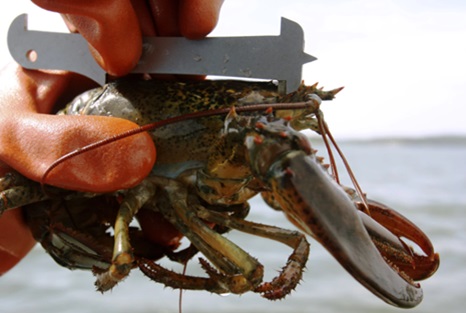
Fishermen call for a delay to upcoming lobster size rules
Congressman Jared Golden is calling on fishery regulators to delay upcoming rules that will change the minimum catch sizes for lobster in certain parts of Maine. Officials have said the changes are necessary after they observed a troubling decline in the juvenile lobster population over a three-year period. The new management measures are intended to allow sublegal lobsters to reproduce before being harvested. But some Maine fishermen are questioning that data, and on Tuesday, many turned out at a meeting of the Atlantic States Marine Fisheries Commission to express their concerns. more, >>CLICK TO READ<< 05:50
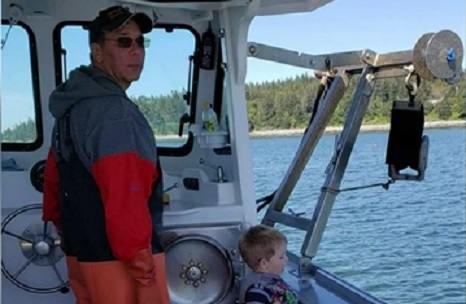
“What I’m reading now being proposed by NOAA will essentially put me out of business,,,”
Lobsterman John Drouin said in his 42 years of fishing around Cutler, he has never seen a right whale. Many other Maine lobstermen have said the same thing about their experience on the water. But that may not matter.,, he and Maine Marine Resources Commissioner Pat Keliher said the true threat in the NOAA documents would come in 10 years when scientists say the threat to whales should be reduced by 98 percent, effectively eliminating all lobster ropes and potentially ending the way they have fished for generations. “It’s devastating. Totally changes the face of the Maine lobster fishery,” said Keliher, “and we’d have no idea from an economic standpoint what it will mean in the long run.” >video, >click to read< 09:38

NMFS: Maine’s proposal to keep right whales from getting entangled in lobstering gear doesn’t go far enough
The National Marine Fisheries Service has concluded that Maine’s plan to use a combination of weak rope and a 25 percent reduction in the number of buoy lines in state waters achieves, at best, a 52 percent risk reduction, while federal regulators are demanding a 60 percent reduction. “Because your proposal does not meet the 60 percent risk reduction target, we will be obligated to consider additional measures through our federal rulemaking,” said Michael Pentony, regional administrator of NMFS’s Greater Atlantic Regional Fisheries Office. includes letter, >click to read< 08:09





































